The Second Coming
Turning and turning in the widening gyre
The falcon cannot hear the falconer;
Things fall apart; the centre cannot hold;
Mere anarchy is loosed upon the world,
The blood-dimmed tide is loosed, and everywhere
The ceremony of innocence is drowned;
The best lack all conviction, while the worst
Are full of passionate intensity.
Surely some revelation is at hand;
Surely the Second Coming is at hand.
The Second Coming! Hardly are those words out
When a vast image out of Spiritus Mundi
Troubles my sight: somewhere in sands of the desert
A shape with lion body and the head of a man,
A gaze blank and pitiless as the sun,
Is moving its slow thighs, while all about it
Reel shadows of the indignant desert birds.
The darkness drops again; but now I know
That twenty centuries of stony sleep
Were vexed to nightmare by a rocking cradle,
And what rough beast, its hour come round at last,
Slouches towards Bethlehem to be born?
This is one of William Butler Yeats most quoted, well known and challenging poems. The references to a Second Coming of Jesus are clear even if the message is not. Yeats wrote this piece in a time when the world was coming to grips with “The War to End All Wars”-what would come to be known as World War I. He had no way of knowing that this was but a bare beginning to the bloodiest century in human history.
As he pens the lines,
The ceremony of innocence is drowned;
The best lack all conviction, while the worst
Are full of passionate intensity.
he could well be talking about our 21st Century reality. Violence at all levels of society seems to be at its zenith and a sense of hopelessness is palpable in the daily news with which we are all inundated. The Spiritus Mundi (Spirit of the World) often appears not as one of peace, solace and hope, but of every burgeoning violence and discord.
His closing question (probably in his own estimation)
And what rough beast, its hour come round at last,
Slouches towards Bethlehem to be born?
indicates not a spirit of hope but resignation that the center is forever spinning out of control and that to hope for goodness to triumph is nothing but a fool’s errand.
In last Sunday’s reading from Isaiah we are given an antidote to the apparent hopelessness that Yeats felt and that may well be weighing us down as well. Read these words with abundant hope that even the fools of any age, if they are God’s people, will not be led astray.
8 A highway shall be there,
and it shall be called the Holy Way;
the unclean shall not travel on it,
but it shall be for God’s people;
no traveler, not even fools, shall go astray.
and it shall be called the Holy Way;
the unclean shall not travel on it,
but it shall be for God’s people;
no traveler, not even fools, shall go astray.
The Holy Bible: New Revised Standard Version. (1989). (Is 35:8). Nashville: Thomas Nelson Publishers.
—Fr. Warren
